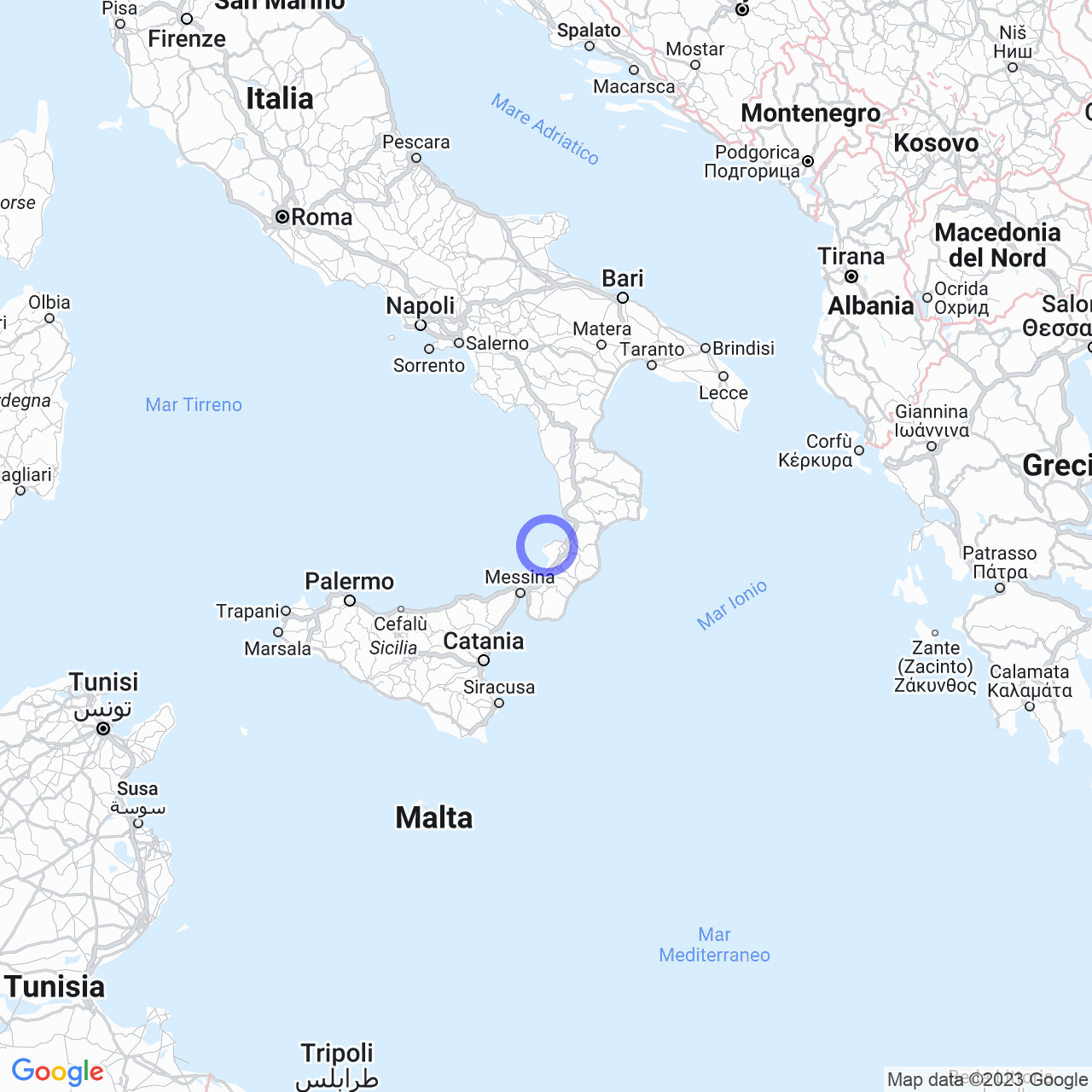Tropea
Vibo Valentia: a city with a rich history and culture
Vibo Valentia is a small Italian municipality located in Calabria, known for its natural beauty and rich history. In the past, it was known as Monteleone and Hipponion, important cities of Magna Graecia and the Roman Empire respectively.
Physical Geography
The territory of Vibo Valentia is situated in a strategic position, nestled on the slope of a hill. The city overlooks both the mountains and the coastal area, including the famous Coast of the Gods. The municipality extends over a hilly terrace with a maximum height of 567 meters above sea level and has three major concentrations of industrial activity. The most important river in the municipal territory is the Mesima, which has its sources on Mount Mazzucolo.

Climate
The summer climate in Vibo Valentia is pleasant, with temperatures rarely exceeding 30 degrees Celsius, but there are also sunny days at 20 degrees Celsius on the coast. The high humidity means it is never truly hot.
The history of Vibo Valentia
Vibo Valentia has a long and rich history dating back to ancient Greece. It was an important city of Magna Graecia and subsequently an important colony of the Roman Empire. During the High Middle Ages, the city was a fortified center of the Byzantine Empire and later came under Norman control. It was also the capital of Calabria Ulteriore and later the capital of the province of Catanzaro.
In 1992, Vibo Valentia became the capital of the province of the same name, following the division of the province of Catanzaro.
Tourist attractions
Vibo Valentia is a city that offers many tourist attractions to visitors. The city is famous for its natural beauty, including the Coast of the Gods and the mountains of the Calabrian Serre. The city itself also has many attractions, such as the Norman-Swabian castle and the commercial area on the hill.
Culture and gastronomy
The culture of Vibo Valentia is influenced by its ancient Greek-Roman origins. There are also Norman, Byzantine, and Aragonese influences in the culture of the city. Vibo Valentia still preserves its cultural heritage today through the numerous churches and historical monuments in the city.
The gastronomy of Vibo Valentia is rich and varied, with dishes that reflect the influences of Greek and Roman cuisine. Local cuisine is characterized by the presence of fish-based dishes, such as sardines a beccafico and seasoned sardines. You can also taste the famous local chili pepper, which is used in many dishes of Calabrian cuisine.
Conclusion
In summary, Vibo Valentia is a city that offers many tourist attractions to visitors, with a rich history, a culture influenced by its ancient Greek-Roman origins, and delicious gastronomy. The natural beauty of the city, including the Coast of the Gods, the mountains of the Calabrian Serre, and the Mesima river, makes Vibo Valentia an ideal destination for those wishing to spend a holiday in an enchanting place.
